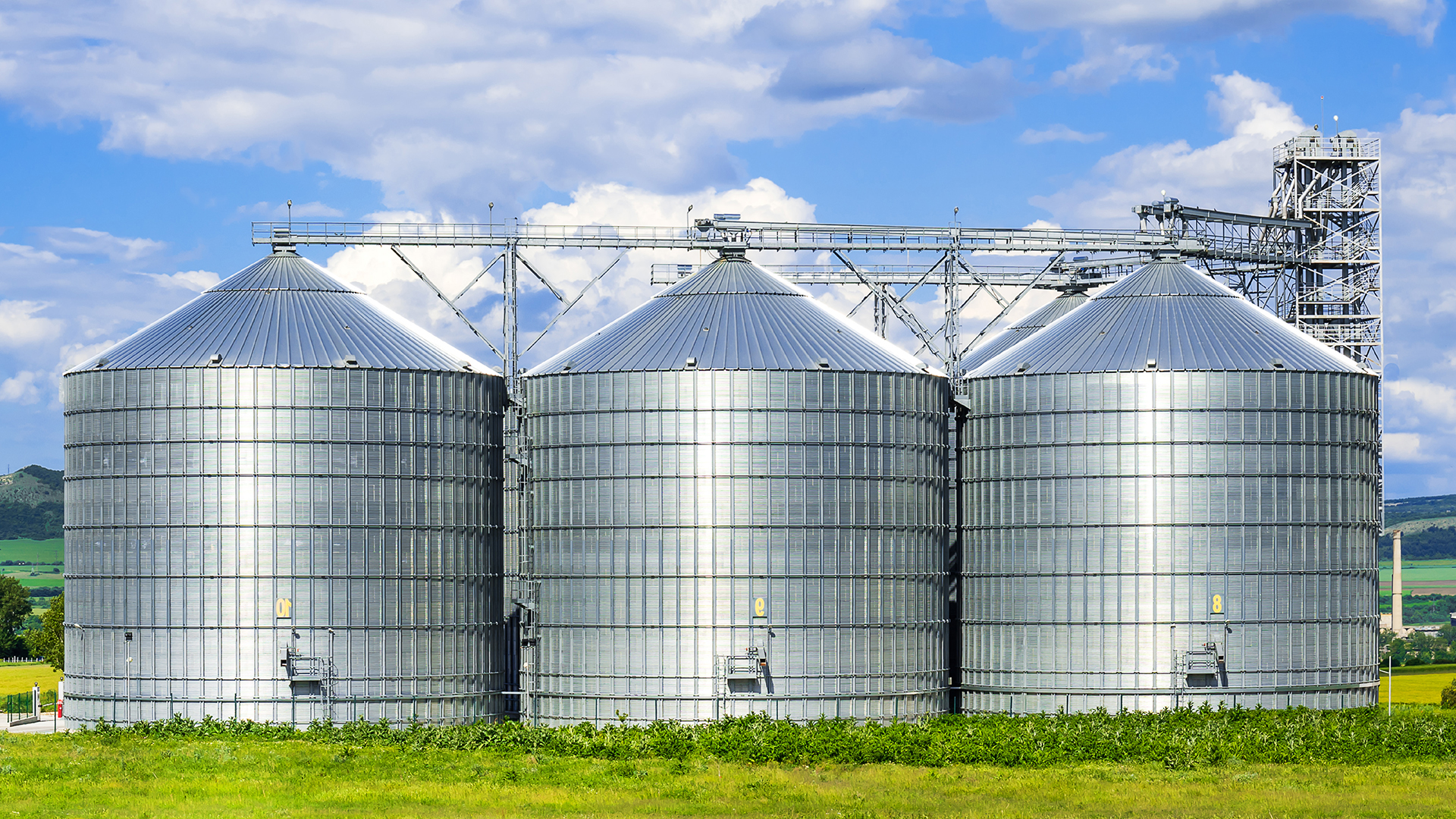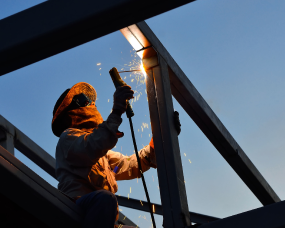
Grain Fire & Grain Explosion Awareness
By Alliant
When it comes to the grain handling industry, grain fires and grain explosions are the number one cause of injury, death and property damage. As the industry has grown and the amount of grain handled at a given facility has increased, the number of dust explosions has increased. As an employee, it is important for you to recognize what causes grain fires and grain explosions so you can help prevent these potentially deadly disasters.
Reduce the Risk of a Grain Fire or Explosion
For a dust explosion to occur in a grain elevator or any type of mill there must be grain dust, oxygen, an ignition source and a confined space. It is important to note that not all grains have the same explosive properties. Rice and wheat flour are the most explosive, followed by wheat straw, corn and grain dust from winter wheat and oats.
A higher volume of grain being moved means more dust in the air and more risk for grain fire and explosion. Therefore, be especially careful around areas of grain movement or anywhere grain is subject to mechanical stress. These stressful areas could include elevator legs, boots and head.
Housekeeping is an important part of grain fire prevention in grain handling facilities. Notify your employer if your housekeeping program is not being followed.
Do Your Part to Prevent Grain Fire
Careful consideration by all employees will help prevent grain fires and explosions. The best way to keep out of danger is to take the following actions:
- Avoid exposing hot bearings to grain dust.
- Avoid welding or cutting near grain dust.
- Fix areas with belt slippage or misalignment as quickly as possible.
- Carefully and safely remove foreign objects caught in machinery.
In Case of a Grain Fire: Firefighting Do’s and Don’ts
In the event that you are present during a grain fire, it is important you don’t engage in extinguishing methods that will further spread the dust or create suspended dust clouds, as that may result in a grain explosion. Take the following steps to stay safe and to keep the grain fire contained:
- Isolate the grain fire if possible; otherwise, evacuate the area.
- Shut down any equipment that is operating.
- Follow your employer’s emergency action plan.
- Remove all warm or burning materials from the area.
- Restart equipment only after the fire area has been inspected and cleared by qualified personnel
For More Information, Contact:
Lee Tilleman
Vice President
Alliant Agribusiness
Email
Read More Grain Bin Safety Week Resources
National Safety Month Resources
Alliant note and disclaimer: This document is designed to provide general information and guidance. Please note that prior to implementation your legal counsel should review all details or policy information. Alliant Insurance Services does not provide legal advice or legal opinions. If a legal opinion is needed, please seek the services of your own legal advisor or ask Alliant Insurance Services for a referral. This document is provided on an “as is” basis without any warranty of any kind. Alliant Insurance Services disclaims any liability for any loss or damage from reliance on this document.


